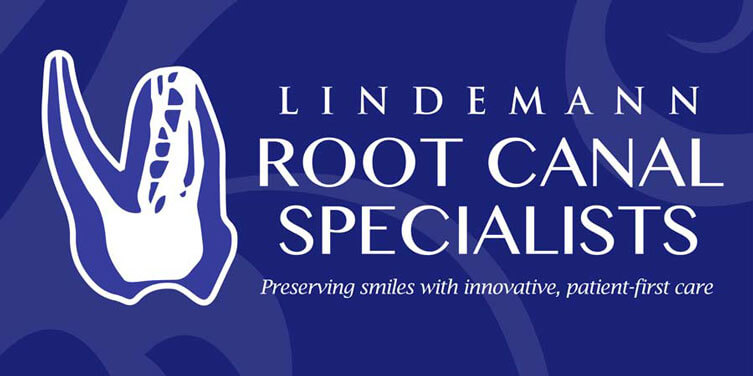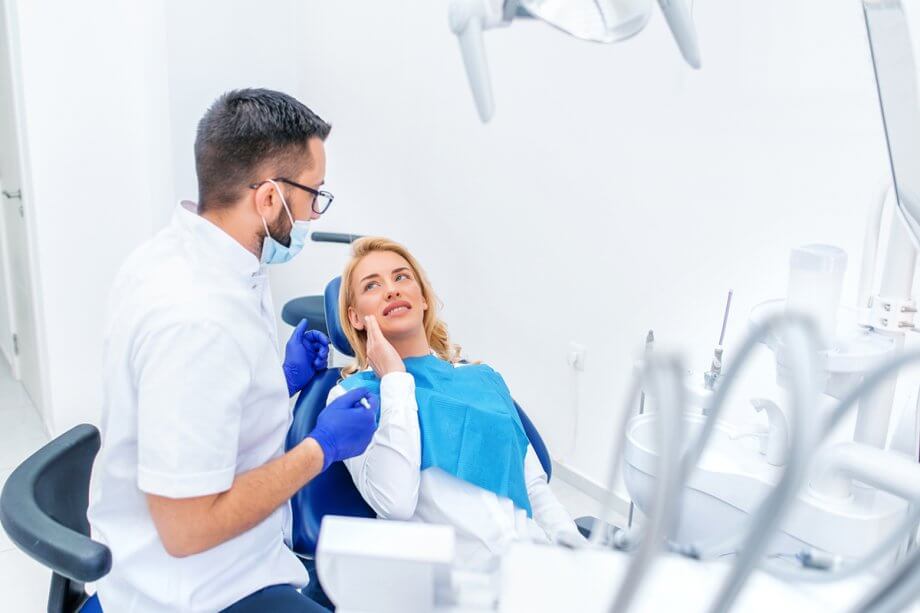Tooth enamel is one of the hardest substances, but even it can crack at just the right moment. And that moment seems to happen when you least expect it. You may be almost done with a bowl of popcorn when you bite down on one kernel - and it cracks your tooth.
Here is everything you need to know about how to tell if your tooth is cracked.
Risk Factors of a Cracked Tooth
There are a few risk factors for a cracked tooth that you should look out for to reduce your chances of having one.
- Eating hard foods: Some foods we eat are crunchy and hard. But no matter how good they taste, they can be dangerous for your teeth. This includes hard candy, ice, popcorn kernels, etc. Limit your consumption as it only takes biting down one time to crack a tooth.
- Bruxism: Grinding and clenching your teeth can weaken them over time. If you grind your teeth at night or tend to clench your jaw when you are stressed or angry, then talk to your dentist about your treatment options. Keeping your teeth strong and healthy will reduce your risk of a cracked tooth.
- Weakened teeth: If you have teeth that have undergone dental work that have crowns or large fillings, they may have lost some integrity along the way making them easier to crack. Switching between hot and cold temperatures can also cause a weakened tooth to crack. Avoid having cold drinks with hot food and vice versa.
- Poor oral hygiene: Teeth that are not properly cared for can lead to decay. Without treatment, the decay can eat away at the tooth, making it weaker and more likely to break.
Even if you don’t have any of these risk factors or you have the most beautiful smile with great oral health - you may still be susceptible to a cracked tooth. So, if something feels different, know what to look for in a cracked tooth. Never assume that your teeth are invincible because anyone can have a cracked tooth.
How to Tell if Your Tooth is Cracked
Sometimes you will know right when the crack happens. Other times, not so much. You may even start feeling some sensations, but not understand where they are coming from - or why. For instance, a few signs of a cracked tooth include:
- Pain while chewing
- Sensitivity to hot and cold temperatures
- Dull toothache, often sporadic
- Visible cracked tooth
Take a look at the area where the pain is coming from and see if your tooth is cracked. You may be able to see the tooth-in-question. Then again, you may not. Just remember that you could still have a cracked tooth even if you don’t see it.
Make an appointment with your dentist. They will be able to do some diagnostic testing to determine how bad the cracked tooth is and the steps that can be taken to treat it, such as a root canal, endodontic surgery, or a dental crown.
Of course, a routine trip to the dentist every 6 months can help you stay on top of any risk factors for cracks, as well as discover any hairline cracks before they become more serious. After all, no one can confirm that your tooth is cracked as well as your dental team.
Is it a Dental Emergency?
While the idea of a cracked tooth may sound scary, not all cracks require an emergency dental visit. Below are the most common signs that your cracked tooth is severe enough to warrant an emergency appointment:
- A very visible cracked tooth
- Fierce tooth pain
- Severe sensitivity to hot or cold
- Swollen gums around the cracked tooth
- Terrible pain when biting down
It is always a good idea to give your dental team a call when you have a cracked tooth. They will be able to assess whether or not you are dealing with a dental emergency or should be seen at the next available regular appointment.
Learn More About Cracked Teeth
If you have a cracked tooth - or think you may - then call Lindemann Root Canal Specialists. We offer a wide range of endodontic services to save your ailing tooth.
To learn more, contact us today at 810-732-7900. Or, request an appointment online.

